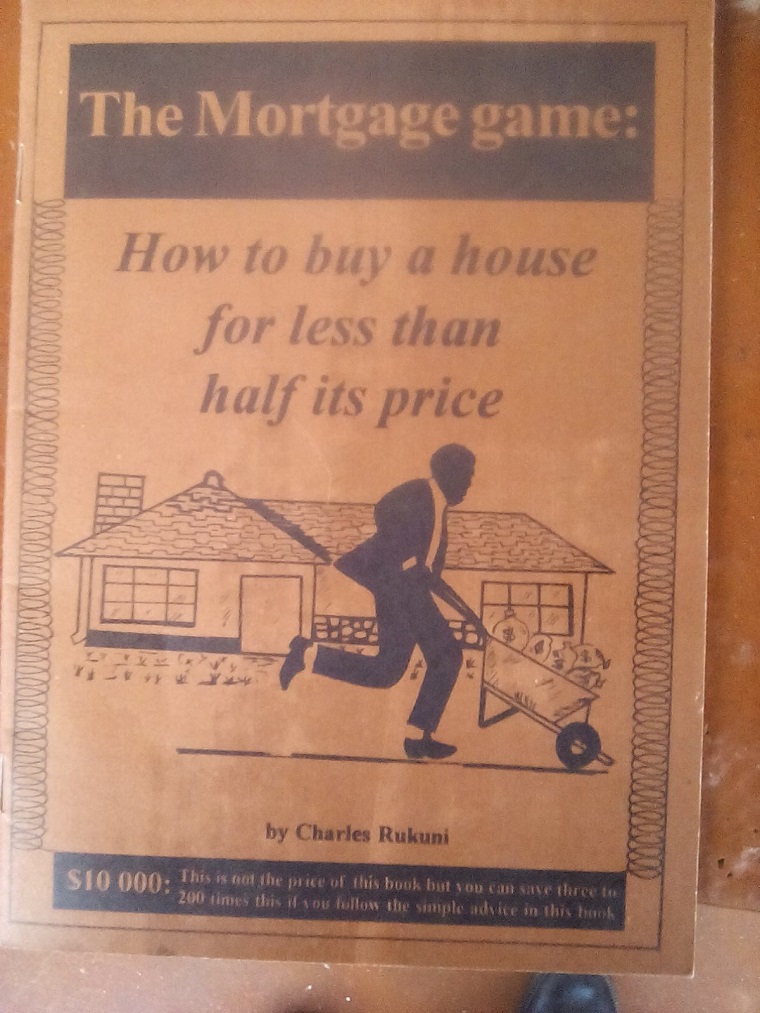There is no doubt that the moment you learn that you have been granted a loan, you get excited, especially if it is your first loan and you have been struggling for years to buy a house.
This is quite understandable. It is just like winning the first prize in the State Lottery. You don’t believe it until you have the cheque in your hands. When it comes to a house you don’t believe it until you have signed all the papers, and at times, until you have moved in.
But in welcoming this invitation like manna from heaven that is also where you make your first mistake. The mistake is that in your excitement you take things for granted. All you are interested in is getting things over and done with. After all, you have got what you have been looking for, for years.
In most cases, you just stick to what you were told perhaps during the interview with the agent or building society, that the deposit that is required is so much and your monthly repayment will be this.
You do not ask for options open to you.
Building societies (or other financial institutions) normally tell you the standard option: which for a house is 25 years and for a flat, 15years.
(In this series I will refer to a house whether you are buying a flat or a house because the same principles apply)
When an application is approved, therefore, the building society tells you the minimum deposit required and the minimum monthly payment.
Even before that, you will probably have been interviewed. You will have been asked how much deposit you have and at times you have to produce a bank statement to prove that you have the money. You are also required to provide proof of how much you earn.
This is quite understandable. Building societies insist that when buying a house your mortgage repayment should not exceed 25 percent of your gross income and that your total commitments (the mortgage plus other repayments for things like furniture, a car, school fees etc) shouldn’t exceed 40 percent of your income.
Continued next page
(124 VIEWS)
